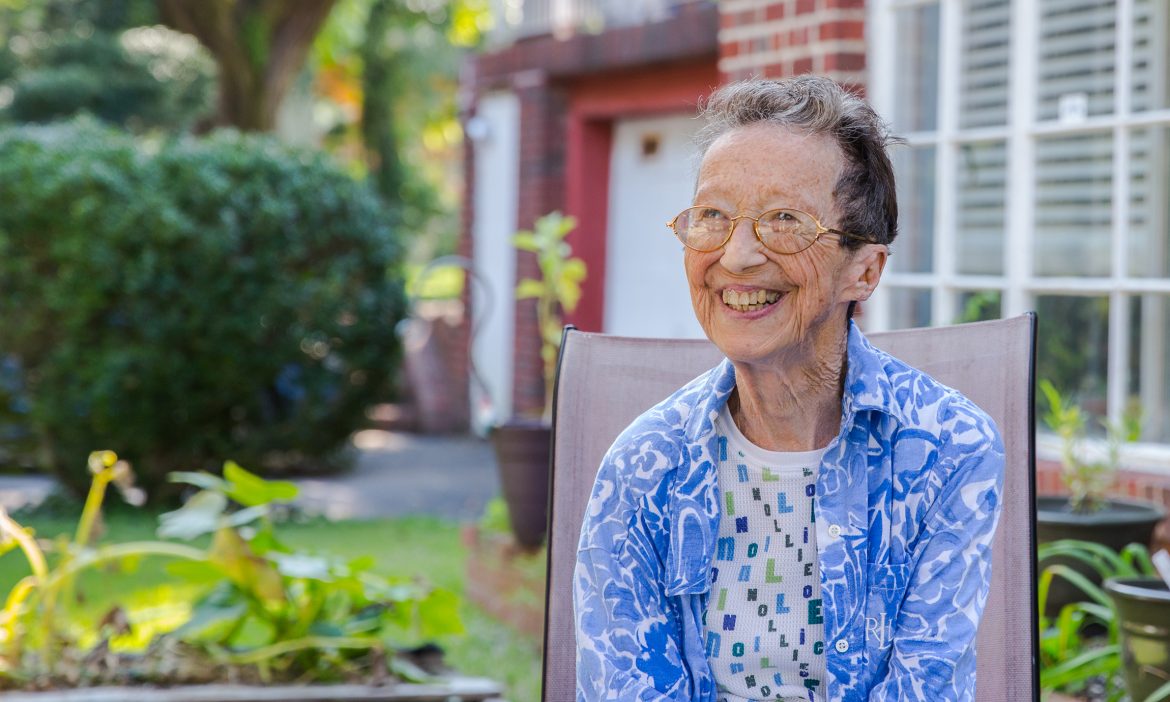Every morning, Frederick gets out of bed, grabs the newspaper to share with housemates and looks forward to the day ahead. He’ll probably watch some TV, chat with friends on the patio and enjoy a laughter-filled family dinner.
It’s a simple life that he appreciates beyond measure.
“I was homeless for 17 years,” he says. “God gave me all kinds of opportunities to get out of my situation, and I didn’t even want to talk about it. Then I got sick. I went to the hospital, had some surgeries.
“When they told me I had eleven months to live, I said ‘I guess this is my last chance, God.’”
Seven months after that, he says that God has answered all his prayers through Welcome Home of Chattanooga, a residence for men and women who have been diagnosed with a terminal illness and have nowhere to go for end-of-life care. It’s a comfortable and comforting place to stay while he gets hospice care, food and shelter in those final days.
And while those creature comforts make an impression, the real blessings for Frederick are the friendships he’s found, as well as a sense of purpose and belonging.
In warmer weather he keeps the grass mowed and the grounds clear. Since his room is on the first floor, he considers himself the first line of defense in case of emergencies, ready to check out what’s happening and let the upstairs residents know. When something in the house breaks, they call Frederick.
“They call me Mr. Fix It,” he says proudly.
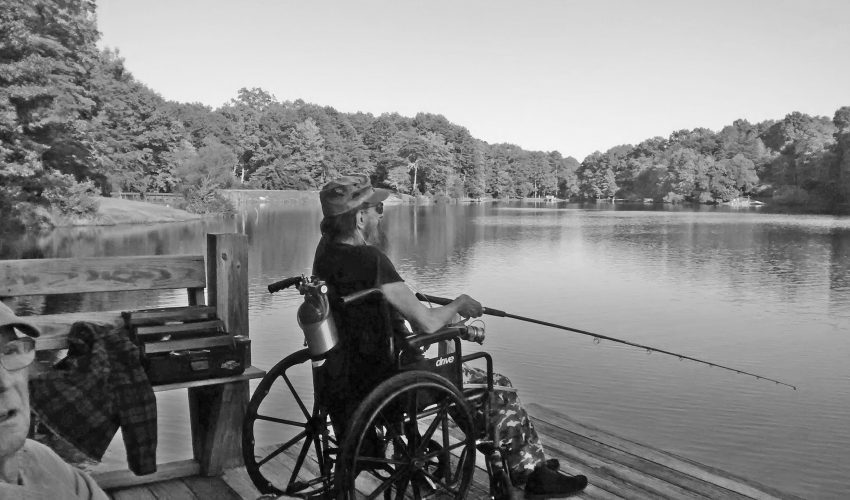
Death, acceptance and transformation
When Welcome Home of Chattanooga opened in 2015, Sherry Campbell and her co-founders wanted to establish a place for the homeless to get compassionate end-of-life care. That straightforward mission has turned out to have far more impact than imagined.
“One of the biggest surprises since we opened our doors is seeing people get better,” Campbell says.
“People are coming here and living much longer than their prognosis.”
“That tells you what it means to have your basic needs met, and what being cared for does for the human spirit.”
Statistics show that homelessness takes 10 years off of average life expectancy.
Though most Welcome Home residents do spend their last days in the residence, three have improved so much that they have moved out to other homes.
- One lives in a retirement community
- One has an apartment nearby and comes back to work as a volunteer, and
- Another woman reconnected with her family and now lives with her adult children.
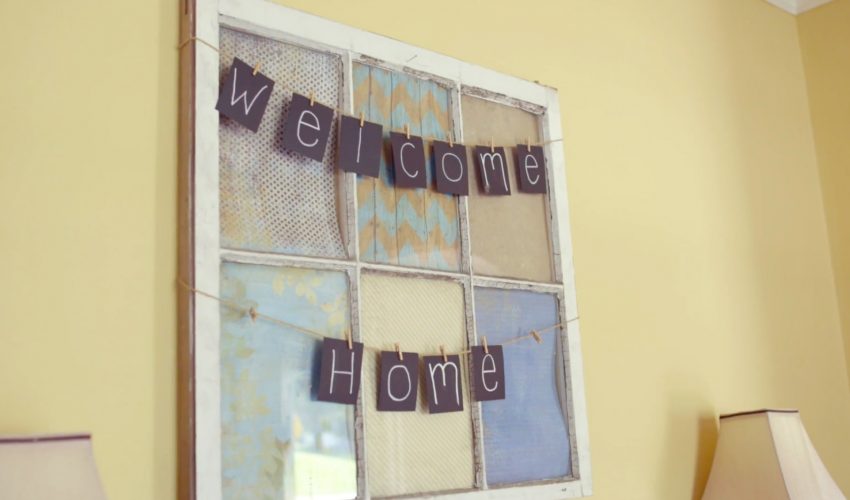
“Reconciliation has been a big part of Welcome Home since we opened,” says Campbell.
“When we start having conversations with our residents about what is important to them now that they are in hospice, they usually talk about reconnection with family, or just letting family know that they love them.”
“Our residents have been teachers for all of us here, facing their deaths with courage and reaching out to estranged family members.”
“Most of our residents have reconciled with family, and it has blown my mind. It’s nice to be part of that journey.”
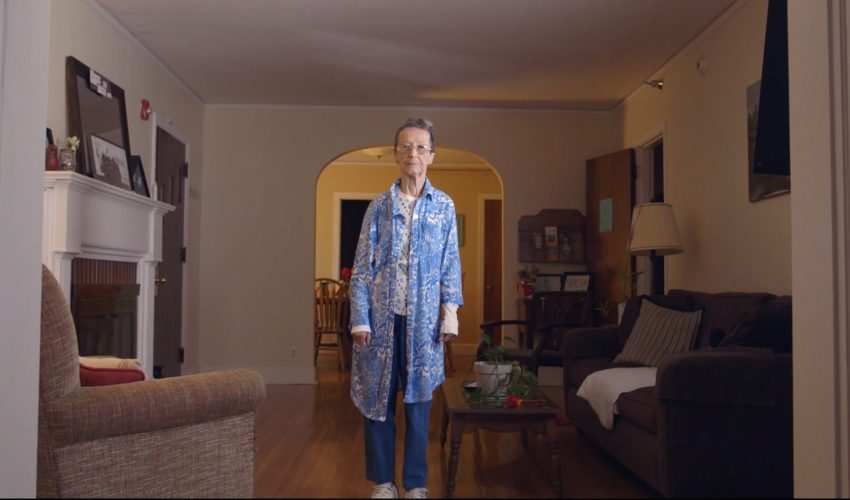
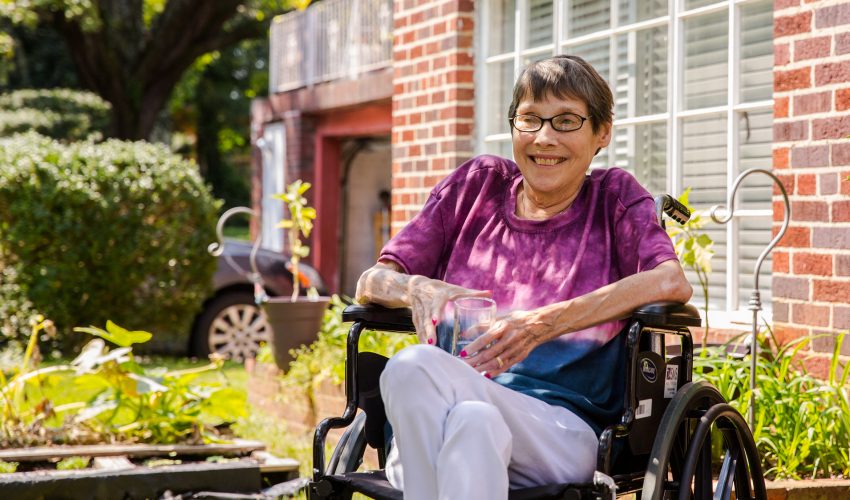
Welcome Home of Chattanooga residents Robbie (left) and Terry have become close friends.
Dying is part of life
An outsider might imagine Welcome Home of Chattanooga as a building filled with despair, but the staff, residents and volunteers see a place filled with an appreciation of life.
Tears do fall, of course. But there is a lot of laughter, a lot of hugs, and a lot of love.
“They treat me like a king,” says Frederick.
“One person who came here thought it was just a regular house, but I told him:
“This is Welcome Home.”


